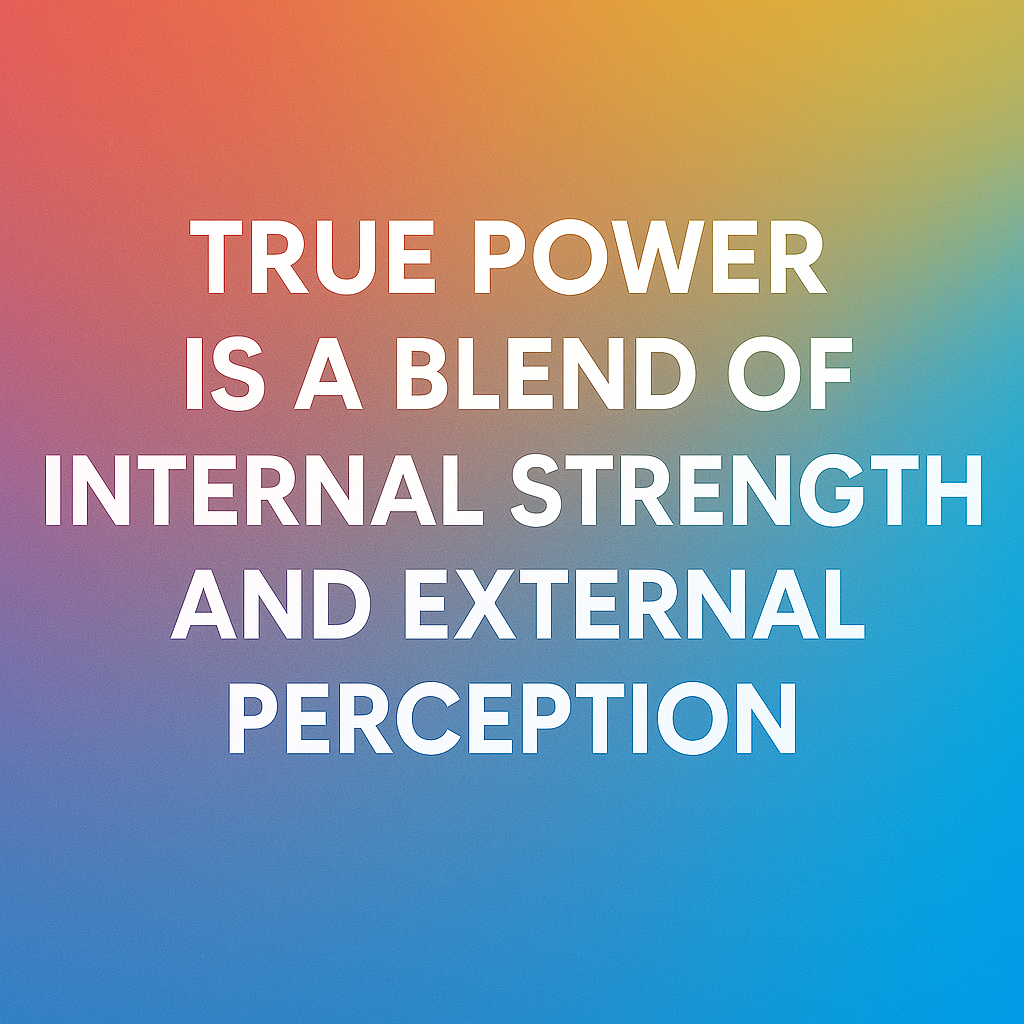7 Strategies to Build Personal Power and Influence
Introduction
Personal power isn’t about titles or authority—it’s about the ability to influence outcomes, inspire others, and maintain control over your own life. True power is a blend of internal strength and external perception. Here are seven practical strategies to help you build both.
1. Develop Deep Self-Awareness
Power begins with understanding yourself. Know your strengths, weaknesses, values, and triggers. Regular reflection or journaling can help you clarify what drives you and where you want to go.
Understanding yourself is the cornerstone of personal power. Knowing your strengths, weaknesses, values, and triggers empowers you to navigate life with confidence and control. Regular reflection or journaling can serve as your compass, guiding you toward your goals and aspirations.
2. Build Competence and Expertise
Knowledge is power—literally. Master your craft and stay current in your field through continuous learning. People trust those who consistently deliver results.
Remember, knowledge is power. Master your craft and stay current in your field through continuous learning. People trust those who consistently deliver results, and your expertise will be your strongest asset.
3. Strengthen Emotional Intelligence
Influence often depends on how well you manage emotions—yours and others’. Practice empathy, active listening, and emotional regulation.
Power move: Respond thoughtfully instead of reacting impulsively. Calmness signals control.
4. Cultivate a Powerful Presence
Before you speak, your presence speaks for you. Stand tall, maintain eye contact, and use open gestures. Speak clearly and with confidence.
Why: Presence shapes perception before words do.
5. Expand Your Network Strategically
Relationships are a currency of power. Build connections across different circles—mentors, peers, and influencers. Offer value first; influence grows through reciprocity.
Relationships are the currency of power. Build connections across different circles, including mentors, peers, and influencers. Offer value first; influence grows through reciprocity. Remember, power often flows through social capital, and your network can be your most significant source of influence.
6. Control Your Narrative
Be intentional about how you present yourself—both online and offline. Share your wins, such as successful projects or personal achievements, and insights, like lessons learned or innovative ideas, without arrogance.
Pro tip: People believe the story you consistently tell about yourself. This is why it’s important to share your experiences and successes in a way that inspires and motivates, rather than coming across as boastful or arrogant.
7. Practice Decisiveness and Accountability
Make informed decisions and take ownership of the outcomes. People respect those who act with clarity and integrity.
Key: Power grows when others trust your judgment.
